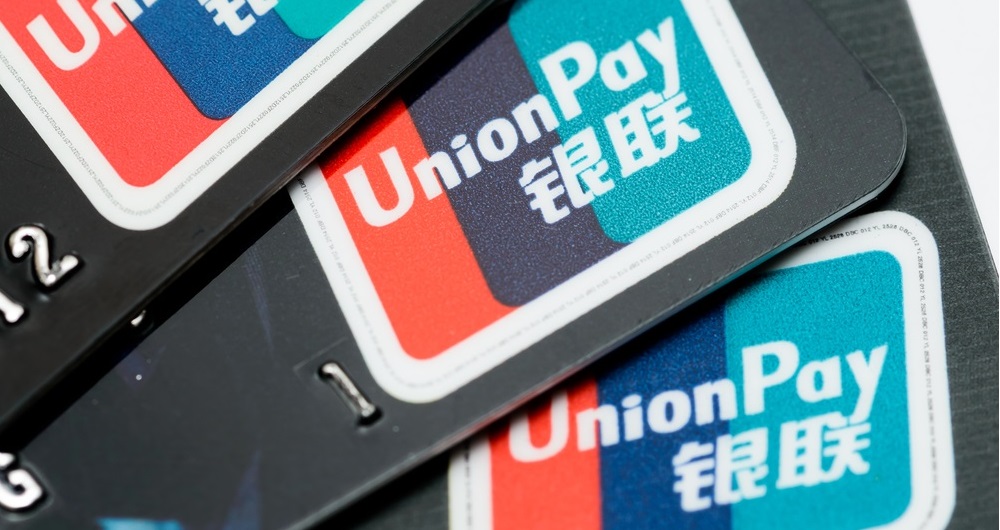
In line with the changes in consumer payment habits, more than 170 UnionPay-standard e-wallets have been rolled out in 30+ overseas countries and regions. International cardholders can make QR or NFC payments in China’s mainland directly with tools they know well, without the need for a new bank account or a new app.
UnionPay International (UPI) and the National Bank of Cambodia signed a Memorandum of Understanding in Phnom Penh, Cambodia’s capital. Both parties agree to promote QR code interoperability to better support the residents of both countries in cross-border mobile payment.
„With this collaboration, Cambodian residents can make payments with e-wallets from their home country in UnionPay’s global QR network which includes China, satisfying their need for mobile payment when they visit China or elsewhere.” according to the press release.
„UnionPay payment information will be integrated into the Cambodian QR so that local QR merchants may also take payments from the UnionPay App and Chinese-mainland banking apps connected to the UnionPay App Network Payment Platform.” the company says.
With acceptance by more than 90% of merchants in Cambodia, and hundreds of thousands of cards issued by major local banks such as ABA, ACLEDA and Canadia, UnionPay has become a payment tool favored by the residents in the country.
„In the MOU, UPI and the central bank of Cambodia agree to integrate UnionPay mobile payment services into the e-wallets of Bakong, Cambodias national mobile payment system. In the future, Cambodian residents can simply use Bakong members’ payment apps for easy payments in Cambodia, China and for cross-border purchases.” the company explains.
The two parties also agree to jointly promote the integration of UnionPay payment info into Cambodia’s national QR known as KHQR, so as to enable acceptance of UnionPay-powered wallets at KHQR merchants. Developed with the support of the National Bank of Cambodia, KHQR has achieved full acceptance coverage in the country. The enablement of UnionPay QR will significantly improve the mobile payment experience of UnionPay cardholders visiting Cambodia.
In recent years, UPI has stepped up efforts in business localization and digitization in order to offer quality payment services to more customers outside China’s mainland. At present, more than 200 million UnionPay cards have been issued in 78 countries and regions outside China’s mainland, and these cards can be used on almost all POS terminals and ATMs in China’s mainland.
With the gradual recovery of cross-border traffic, UPI has also been in full collaborations with QR code networks in South Korea, Sri Lanka, Vietnam, Malaysia and more through innovative solutions such as network linkage and payment integration, enabling mutual acceptance.
„These collaborations allow Chinese tourists to pay with UnionPay wallets at QR merchants in these countries, and at the same time enable speedy acceptance of international wallets at global UnionPay QR merchants, significantly improving payment experience for visitors to China and the rest of the world.” the company added.
Banking 4.0 – „how was the experience for you”
„To be honest I think that Sinaia, your conference, is much better then Davos.”
Many more interesting quotes in the video below: